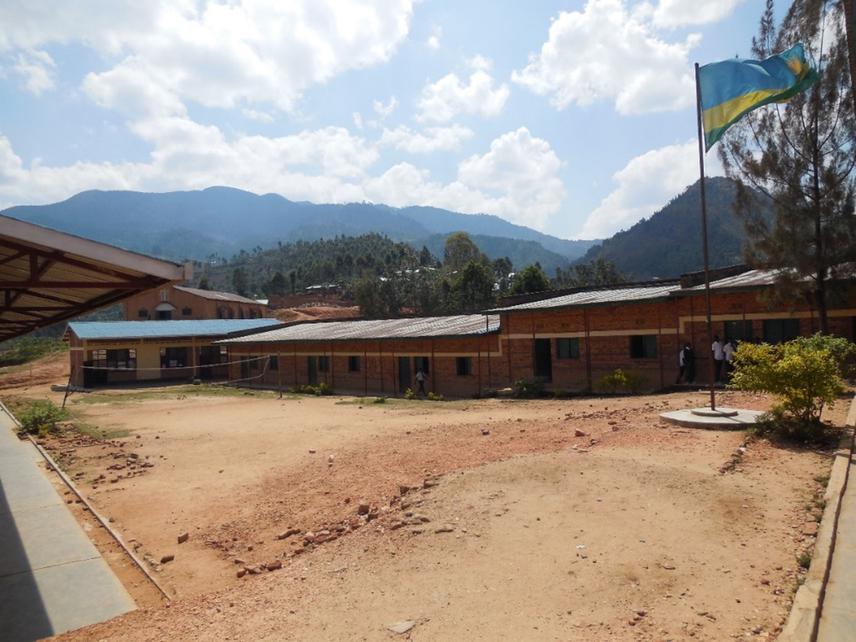Joseph Tuyishimire
Other projects
10 Jun 2015
Stopping Poaching Activities in Nyungwe Forest National Park (NNP): Biodiversity Conservation and Human-Wildlife Conflicts
This project will contribute to the prevention of illegal activities in in Nyungwe Forest National Park (NNP) through the education of children at school age.

View of Groupe Scolaire Karambi.
Many research and conservation projects are concentrating their efforts to the development of cooperatives and higher learning institutions. However, children in Primary and High schools present a big potential to NNP once they are well sensitized about its importance and conservation approaches. This project will bring its contribution to achieve the Rwanda Development Board (Authority in charge of Parks Management) target that everyone should be educated about the importance of protected areas and therefore, there will be no longer illegal activities.
The current project will focus on the following activities:
1. Identification of schools of concern: Collaboration with local leaders (District to village) and the Rwanda Development Board (RDB) which is in charge of Protected Areas management
2. Choice of people to be trained: Discussion with school Head Teachers
3. Training of Teachers (Mentors in Conservation): Workshop where Plenary talks, class lectures and groups discussions will be used.
4. Training of pupils: In collaboration with trained teachers (mentors), plenary talks, class lectures, group discussions and competitions with will be used.
5. Trips to the Park: These will be study trips where pupils and their mentors will not only enjoy the beauty of the Park but also have the time to interact with its managers so that they could be more conscious about its conservation.
6. Establishment of Biodiversity Conservation Clubs: The current clubs will be made of the trained mentors and pupils who will participate in organization of all activities. Other pupils will join and, given the fact that some pupils will leave schools after studies, mentors will make sure that conservation skills are transmitted at all levels, i.e. from the first to the last year.